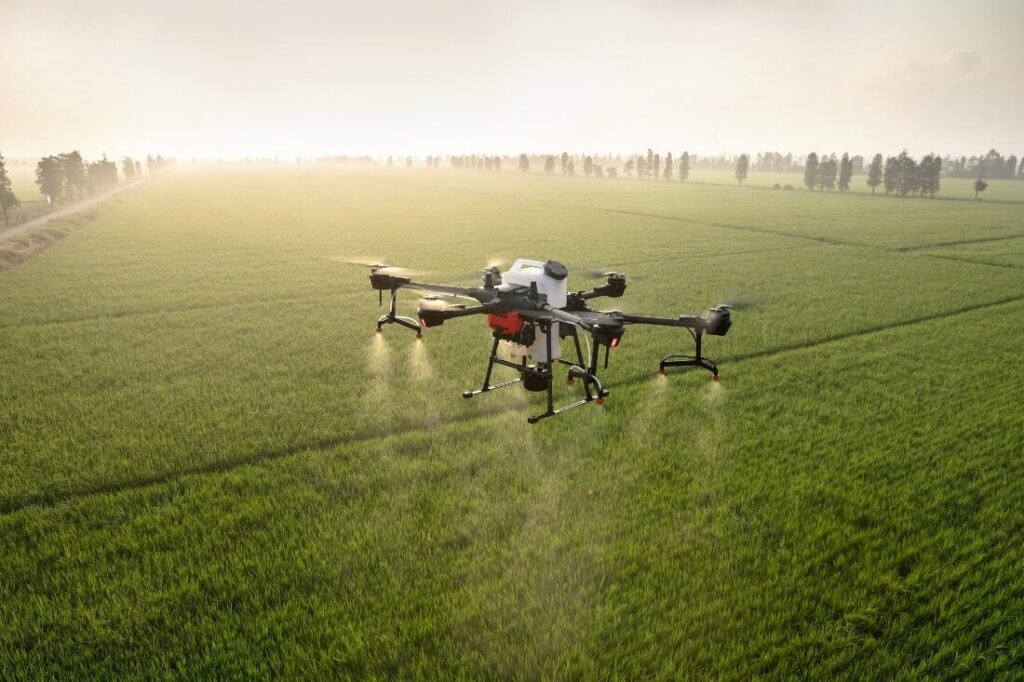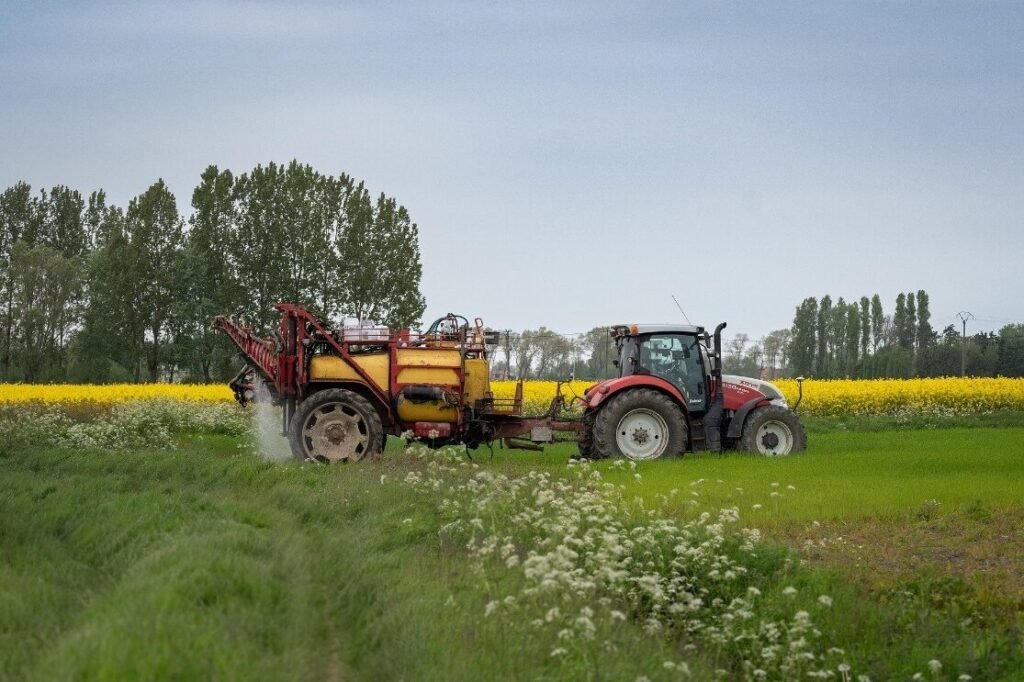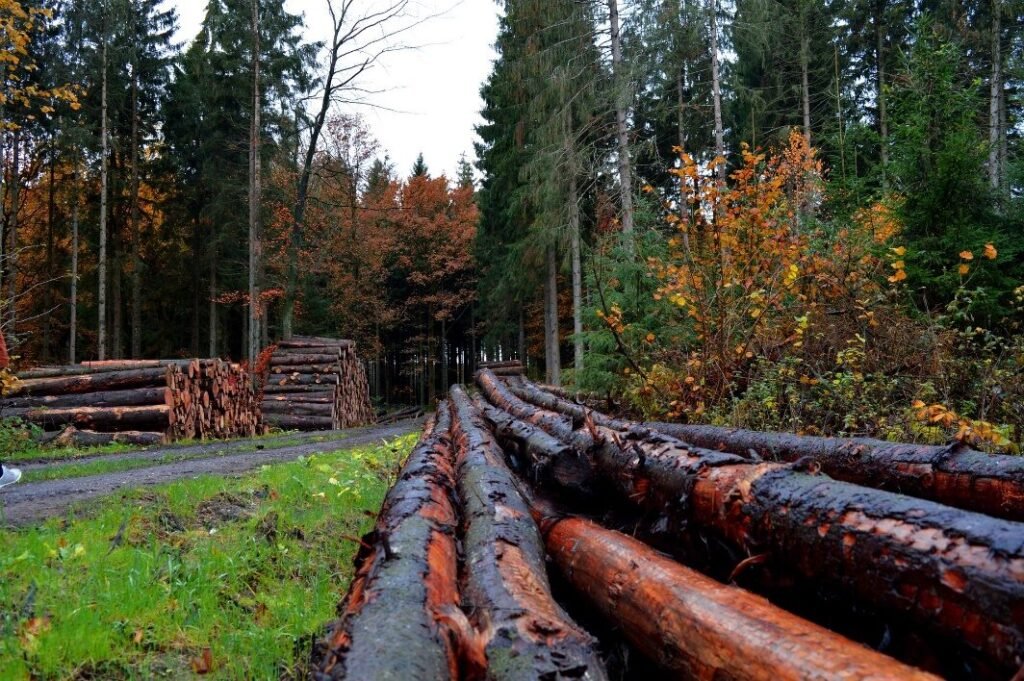From Tradition to Technology: The Innovative Future of African Agriculture

You know it is fittingly common to refer to Africa as the “continent of potential,” especially concerning agriculture. Africa possesses 60% of the world’s arable land, which means it can feed its people and make a major contribution to global food security.
Something worthy to note is that African agriculture is changing dramatically as the world struggles to feed an increasing population while facing rising environmental problems. Millions of people are food insecure as a result of these barriers, which have prevented the continent from realizing its full agricultural potential.
However African farmers, scientists, and businesspeople have stepped up to the plate, developing ground-breaking answers to these problems and opening the door to a more productive and sustainable agricultural environment.
To transform food production, increase resilience, and ensure a more prosperous future, the continent is utilizing innovative technologies and sustainable practices. Some of the recent advancements in African agriculture include precision farming, climate-smart agriculture, and agroforestry.
- Precision Farming
The way farmers manage their crops and resources is being transformed by precision farming. Farmers may maximize crop yields and reduce waste by using data-driven decision-making tools like GPS, drones, and soil sensors. This method enables the accurate application of insecticides, fertilizers, and water according to particular field conditions.

For example, farmers are using drone technology in nations like South Africa and Kenya to more effectively evaluate field conditions and track crop health. Real-time information on agricultural development stages, pest infestations, and soil moisture levels can be obtained from these drones. Better yields and lower costs result from farmers being able to react swiftly to potential problems.
Additionally, the inclusion of mobile applications gives farmers access to critical data like weather forecasts and market values. By providing them with all the resources they need to thrive in a cutthroat market, the digital revolution is empowering smallholder farmers.
- Climate-Smart Agriculture
Africa’s agriculture is seriously threatened by climate change, as erratic weather patterns can result in floods and droughts. Many African nations are adopting climate-smart agriculture (CSA) as a solution to this problem. The three primary goals of CSA are lowering greenhouse gas emissions, improving climate change resistance, and sustainably raising production.

Crop rotation, intercropping, and agroforestry are among the techniques that farmers are implementing to enhance soil health and boost biodiversity. For instance, adding trees to agricultural settings improves soil fertility by fixing nitrogen in addition to providing shade. In nations like Ghana and Ethiopia, this strategy has been highly successful.
The Food and Agriculture Organization (FAO) and other organizations are also supporting programs that give farmers training on sustainable farming methods and climate-resilient seeds. In order to help farmers adjust to shifting climatic conditions and maintain food security for their communities, these initiatives are important.
- Agroforestry

In West Africa, agroforestry has gained popularity as a way to restore degraded land while improving food production. Farmers are planting fruit trees alongside staple crops like maize and cassava, which not only brings in extra money from fruit sales but also improves family nutrition. Agroforestry is an innovative method that combines agriculture and forestry practices to create more sustainable land-use systems. It also improves the environment while offering farmers several benefits.
Agroforestry systems can serve as natural barriers against extreme weather events, which can help lessen the consequences of climate change. During hot weather, the trees shade farms, and during storms, they shield crops from high winds.
The Role of Education and Training
While technology plays a crucial role in modernizing agriculture in Africa, education and training remain essential components of this transformation. Initiatives aimed at improving agricultural education are being implemented across various regions. For example:
- Training Programs: Organizations are conducting workshops that teach farmers about sustainable practices and new technologies.
- University Partnerships: Collaborations between universities and agricultural institutions focus on research that addresses local challenges while providing students with hands-on experience in innovative farming techniques.
By investing in education and capacity building, Africa can cultivate a new generation of skilled farmers who are equipped to tackle the challenges of modern agriculture.
African farmers are being empowered by these ground-breaking innovations to meet the challenges of the present and the future. We can promote resilience and economic growth in addition to ensuring food security by implementing and funding sustainable practices. Here are some ways you may help bring about the agricultural revolution in Africa:
- Purchase food that is produced sustainably:Pick goods that promote agroforestry, climate-smart agriculture, and precision farming.
2. Acquire knowledge of agricultural innovations:Keep yourself updated and educate others about the significance of sustainable farming methods.
3. Invest in agricultural projects: Encourage companies, groups, and laws that place a high value on sustainability and innovation in African agriculture.

As we observe these fascinating developments in African agriculture, we must learn to value the efforts farmers make to improve our countries and communities. Producing food is only one aspect of agriculture; other goals include maintaining livelihoods, conserving cultures, and guaranteeing that future generations can get wholesome food.
In conclusion, with developments like precision farming, climate-smart practices, and agroforestry systems, at the forefront, African agriculture is embracing innovation at a rate never seen before. By appreciating the significance of these endeavors and helping our farmers, we can help create a healthier planet and a better future for everybody.


